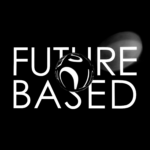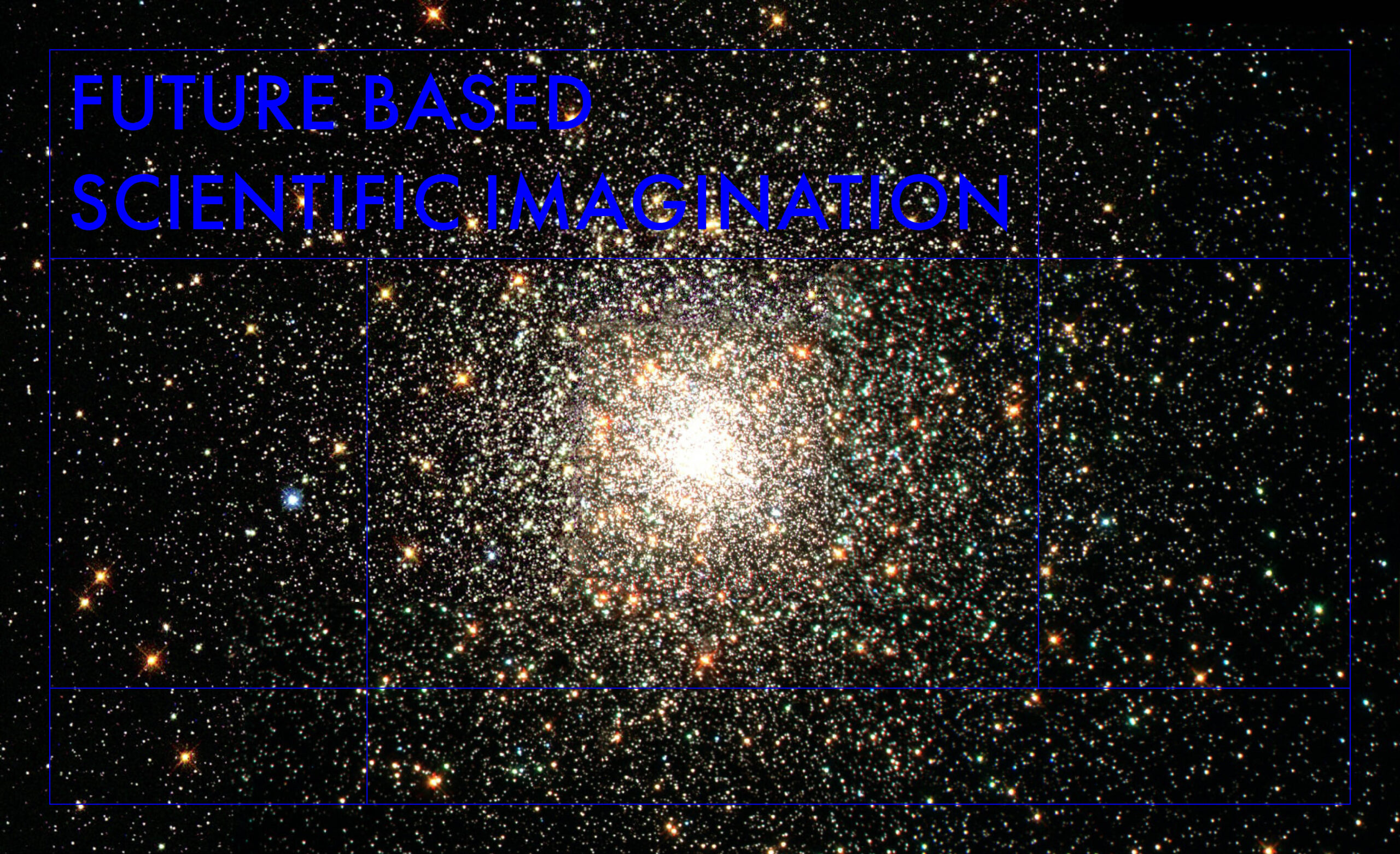Scientific Imagination is a project initiated and developed by Sabine Winters.
There are many critical analyses of famous thought experiments such as Galileo Galilei’s falling objects and Albert Einstein’s light beams. Most of these critical analyses aim to develop an epistemology of thought experiments in the natural sciences. However, another question that merits attention is how such thought experiments make use of imagination to convince the public of certain conclusions through the contemplation of imaginary scenarios. In my thesis I attempted to address this very question: how is the function of imagination in thought experiments to be understood? It was my goal to outline what imagination does when it is used as a guide to possibility in thought experiments and to sketch a picture of the problems that may be encountered.
This thesis was an introduction to the research field of the role of imagination in the natural sciences. Due to my fascination and enthusiasm I struggled with the restriction of words and (in hindsight) employed a question too big for this paper. By the end of the struggle and the end of the thesis, I came to the conclusion that I should have re-framed my initial question. I did, and now this re-framed question on imagination in science, is the basis of my further research. However, in addition to the academic research I’m still equally am interested in the role of imagination in the natural sciences in the broadest sense. Thus, I started Scientific Imagination as a side project of Future Based.
Scientific Imagination, will focus on the role of imagination in the natural sciences in the context of discovery (i.e. what is the function of imagination regarding innovation?) or the context of justification (i.e. what can imagination tell us about reality?) By sharing podcasts and articles and organizing reading sessions, I hope to share some of my enthusiasm for this particular field of philosophy.
The philosophical quest of this project is based on the wish to understand more about the role of imagination in our understanding of the world, and it aims to emphasize that imagination is far from being opposite to knowledge. Furthermore, the different perspectives on the function of imagination, represents a wider perspective on questions on human knowledge: how we obtain knowledge and which beliefs we hold about the methodologies in acquiring knowledge.
If you have inquiries, tips or suggestions, please feel free to reach out to me at: sabine@futurebased.org.
If you would like to stay updated about news regarding this project, please subscribe to our newsletter. ↓

